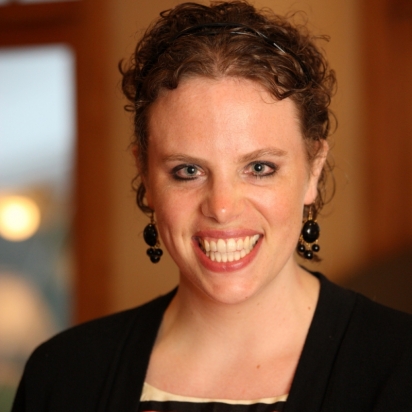By: Leslie M. Booren
Highlights:
- January is National Mentoring Month and we are revisiting our archives from the last year.
- Summarized are the news stories, blog posts and research articles published in the last 12 months, each advancing our understanding of effective mentoring.
- Highlighted below are resources associated with youth mentoring, the various sources of mentoring, and adult professional mentoring.

Researchers at Youth-Nex and the UVA School of Education and Human Development are contributing to a growing body of research on how and why effective mentoring works, as highlighted in this 2024 national mentoring month round-up.
Youth Mentoring
- Addressing Youth Loneliness: Close youth mentoring relationships can improve mentees’ relationships with other people and their sense of loneliness. In this study, researchers evaluated the relationship between youth mentoring participation and peer social acceptance. Findings suggest that mentoring relationships are the most beneficial for mentees who have fewer relationships but do not necessarily feel lonely. Read Blog Post.
- Young Women Leaders Program: The Young Women Leaders Program (YWLP) is a community-based mentoring program that pairs undergraduate women with middle school girls. Olivia, a 19-year-old, participated in the program as a middle schooler mentee and now as a UVA undergraduate college mentor. In a Vlog, Olivia shares more about her experiences in YWLP, and some advice for adults and youth who may want to participate in mentoring programs. Watch Youth-Nex Vlog.
- Caregivers & Natural Mentoring Relationships: A change that occurs during adolescence is the development of close relationships outside of the immediate family unit. This study examined pathways between Black adolescents’ attachment to their parents and the quantity of natural mentors, or other youth and adult relationships in their pre-existing social networks. These Youth-Nex researchers found that more secure parent-adolescent attachment predicted a greater quantity of natural mentoring relationships. Read Article.
Sources of Mentoring
- Community-Based Mentoring: Youth today face challenges of loneliness and isolation, impacting mental health negatively. Community mentoring programs are one possible solution. In this post, a Youth-Nex & EHD graduate student share more about how mentoring programs should consider the limitations of one-on-one relationships and adopt a comprehensive approach to maximize their impact. Read Blog Post.
- Informal Mentors & Academic Success: There is little research recognizing pathways through which schools promote human capital development – by fostering informal mentoring relationships between students and their teachers, counselors, and coaches. This study, conducted by a Youth-Nex researcher and colleagues, used longitudinal data from a nationally representative sample of adolescents. Findings suggest that informal mentoring supports students’ long-run academic success, especially for students of lower socioeconomic status. Read Article.
- Social Support in Mentoring Relationships: Social support is associated with positive physical and psychological health outcomes for youth. This qualitative study examined the sources, forms, and functions of social support youth receive from natural mentoring relationships in their lives. Findings suggest that different types of adults had the capacity to provide different types of support, and their support differed based on the adult’s role with the youth. Read Article.
Adult Professional Mentoring
- Telementoring: School-based mental health providers play an important role in supporting students, especially at a time when evidence suggests students have increasing needs. This year, a team of our researchers published an article about a telementoring model that is a low-cost, flexible way for school mental health professionals to access professional learning. The findings support the use of telementoring to improve school mental health professionals’ understanding and application of the evidence-based school counseling model. Read Article.
If you have any comments or questions about this post, please email Youth-Nex@virginia.edu. Please visit the Youth-Nex Homepage for up to date information about the work happening at the center.

Author Bio: Leslie M. Booren is the Associate Director for Communications and Operations at Youth-Nex and the Youth-Nex blog editor. In this role, she manages operations, HR, events, communications and marketing for the center. Previously she has worked at the Center for Race and Public Education in the South (CRPES), EdPolicyWorks, and the Center for Advanced Study of Teaching and Learning (CASTL) in various roles from research faculty to managing director. She has a strong interest in community and youth development by bridging applied and research-based practices.
